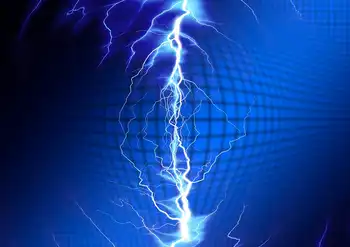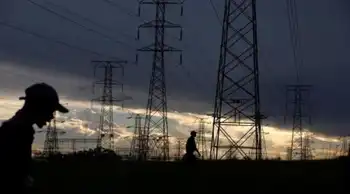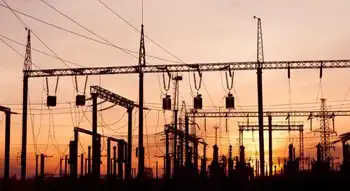BC Hydro Conservation Review confirms Power Smart can reduce domestic demand substantially
VANCOUVER - Released last month, the BC Hydro Conservation Potential Review confirms BC HydroÂ’s plans for Power Smart to reduce demand by 3,500 gigawatt-hours (GW.h) over the next ten years. In addition, the study reveals that by the year 2016, BC Hydro customers have the potential to reduce their electricity consumption by 5,800 gigawatt-hours (GWh) per year (or 580,000 residential customers) and save $255 million annually by implementing cost-effective energy efficiency measures. These savings are equivalent to the electricity generated by a power plant with a capacity of 840 megawatts (MW).
"Energy conservation is one of the cheapest sources of electricity available, providing electricity at an average of 2.5 cents per kilowatt-hour, less than half of the 5.5 cents per kilowatt-hour price for new resource acquisition," said BC Hydro Senior Vice President, Distribution, Bev Van Ruyven. "The Conservation Potential Review confirms the conservation estimates outlined in our resource acquisition plan, reinforcing the value of Power Smart to our customers and British Columbia."
The study focused on the conservation potential of technologies that increase electricity efficiency and that are commercially viable, or will be, by the year 2005. These were used to estimate the most likely achievable electricity savings. The study analyzed the conservation potential in the residential, commercial (including institutional buildings such as schools and hospitals) and industrial sectors from the period 2001 to 2016.
The results reveal that significant electricity savings are achievable in all three areas through the adoption of cost-effective energy efficiency measures. In residences, for example, the greatest savings are projected to come from the use of more efficient lighting and appliances and through improvements to the insulation and windows used in homes. In the commercial sector, nearly half of the potentially achievable savings are expected to come from the use of more efficient fluorescent lighting and occupancy controls, as well as from more efficient design of new buildings and improved efficiency in cooling, heating and ventilating equipment. Industrial plants account for about two-thirds of the total potential electricity savings, which will result mainly from improvements to pump systems, mechanical pulping systems and steam plants.
"During the next ten years, Power Smart will help us achieve 3,500 GWh in savings, over one-third of our expected energy growth of 10,000 GWh," Van Ruyven added. "Combining Power Smart with the Vancouver Island Generation Project, Resource Smart and private sector purchases from green independent power producers and customer based generation programs assures we have a balanced resource mix to meet long-term energy demand in the most cost-effective, efficient way."
Related News

Almost 500-mile-long lightning bolt crossed three US states
NEW YORK - An almost 500-mile long bolt of lightning that lit up the sky across three US states has set a new world record for longest flash, scientists have confirmed.
The lightning bolt, extended a total of 477.2 miles (768 km) and spread across Mississippi, Louisiana, and Texas.
The previous record was 440.6 miles (709 km) and recorded in Brazil in 2018.
Lightning rarely extends over 10 miles and usually lasts under a second.
Another lightning flash recorded in 2020 - in Uruguay and Argentina - has also set a new record for duration at 17.1 seconds. The previous record was 16.7 seconds.
"These…




